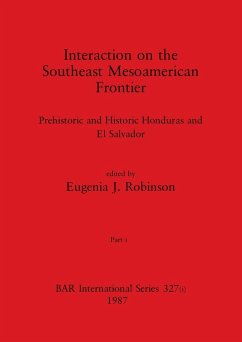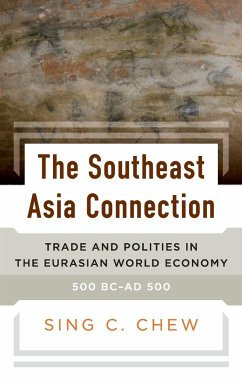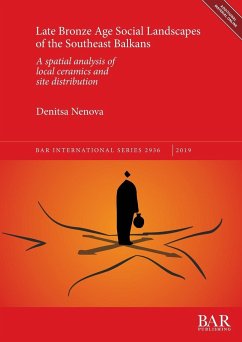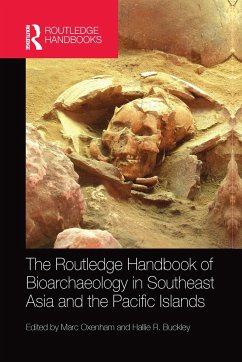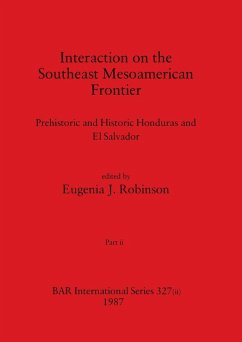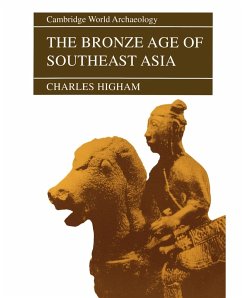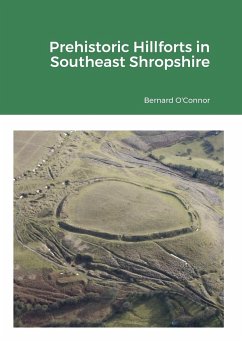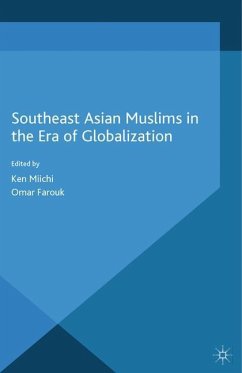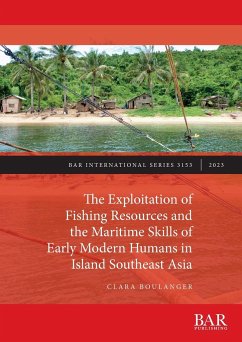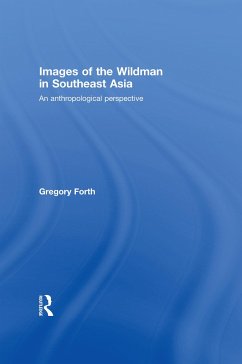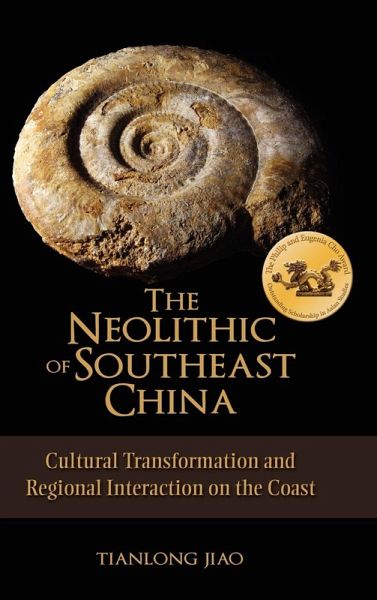
The Neolithic of Southeast China
Cultural Transformation and Regional Interaction on the Coast
Versandkostenfrei!
Versandfertig in 1-2 Wochen
82,99 €
inkl. MwSt.

PAYBACK Punkte
41 °P sammeln!
Winner of the 2007 Philip and Eugenia Cho Award for Outstanding Scholarship in Asian Studies! In this book, leading archaeologist Tianlong Jiao takes us on an archaeological investigation into the patterns and processes involved in the cultural changes on the coast of Southeast China during the Neolithic period. The Neolithic of Southeast China began with a full array of pottery, polished stone tools and bone tools around 6500 B.P., and ended with the appearance of bronzes around 3500 B.P. This book takes us through the three periods: early (ca, 6500-5000 B.P.), middle (ca. 5000-4300 B.P.), an...
Winner of the 2007 Philip and Eugenia Cho Award for Outstanding Scholarship in Asian Studies! In this book, leading archaeologist Tianlong Jiao takes us on an archaeological investigation into the patterns and processes involved in the cultural changes on the coast of Southeast China during the Neolithic period. The Neolithic of Southeast China began with a full array of pottery, polished stone tools and bone tools around 6500 B.P., and ended with the appearance of bronzes around 3500 B.P. This book takes us through the three periods: early (ca, 6500-5000 B.P.), middle (ca. 5000-4300 B.P.), and late (ca. 4300-3500 B.P.), detailing the transformation of subsistence patterns and the development of regional interaction spheres The Neolithic people on both sides of the Taiwan Strait were proto-Austronesians. They first expanded to Taiwan around 6500-5000 B.P., and maintained regular contacts with the mainland until 3500 B.P. Their expansions were possibly motivated by multiple factors such as trade and new immigrant pressure. Given the increasing international attention of the search for the homeland of Austronesian speakers, this book is especially timely since it addresses the implications of the Neolithic cultural changes of Southeast China and adds to our understanding of the early expansion of the proto-Austronesians. The foreword to this groundbreaking study is by world renowned archaeologist and scholar, Professor Ofer Bar-Yosef of Harvard University.



